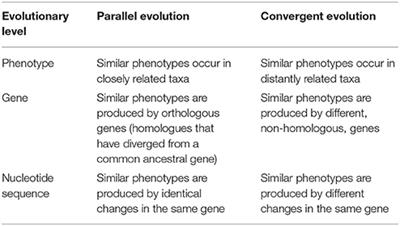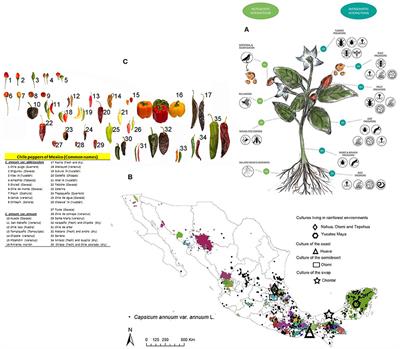EDITORIAL
Published on 21 Jun 2019
Editorial: Ecology and Evolution of Plants Under Domestication in the Neotropics
doi 10.3389/fevo.2019.00231
- 3,579 views
- 7 citations
38k
Total downloads
307k
Total views and downloads
Select the journal/section where you want your idea to be submitted:
EDITORIAL
Published on 21 Jun 2019
ORIGINAL RESEARCH
Published on 09 May 2018

REVIEW
Published on 07 May 2018

REVIEW
Published on 24 Apr 2018

ORIGINAL RESEARCH
Published on 29 Mar 2018

ORIGINAL RESEARCH
Published on 14 Mar 2018

PERSPECTIVE
Published on 20 Feb 2018

ORIGINAL RESEARCH
Published on 07 Feb 2018

ORIGINAL RESEARCH
Published on 17 Jan 2018

ORIGINAL RESEARCH
Published on 22 Dec 2017

ORIGINAL RESEARCH
Published on 05 Dec 2017

REVIEW
Published on 01 Dec 2017


Frontiers in Genetics
Frontiers in Plant Science
AgroecologyOffline
Evolutionary and Population GeneticsOffline